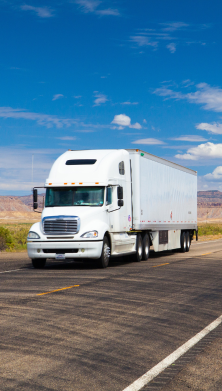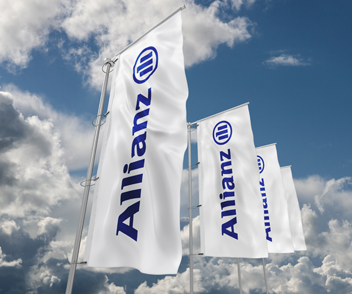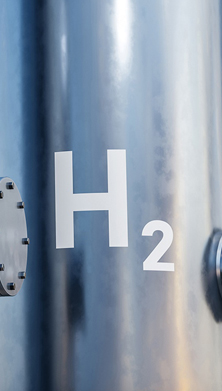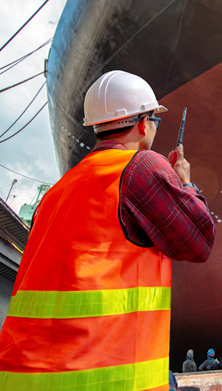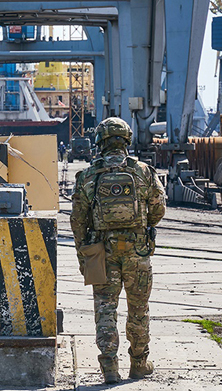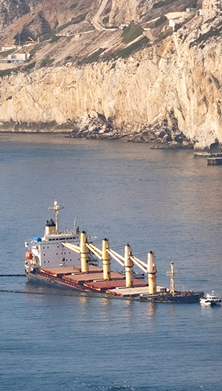Ships today can contain sensors that measure and monitor a wide range of parameters such as weather and sea conditions, hull stress monitors, cargo hold temperature and humidity and a host of machinery health and performance indicators. Smart containers and ports are also emerging, as companies look for greater efficiencies and automation in cargo supply chains.
Today, sensors are mostly used for performance-monitoring and predictive maintenance, but the technology can also be used to enhance risk management, according to Captain Rahul Khanna, Global Head of Marine Risk Consulting, AGCS.
For example, hull stress monitoring sensors could be linked to ship navigation in heavy weather and feed information back on structural integrity to officers in real-time. Rolls-Royce recently developed a situational awareness system that combines multiple sensors with intelligent software that helps captains navigate at night, in adverse weather conditions or in congested waterways1.
Sensor technology is also being employed for supply chain management, tracking and monitoring valuable or sensitive cargo. Such technology is also now being combined with other developments, such as blockchain, smart contracts and artificial intelligence. Maersk, for example, is developing a logistics blockchain system to digitally track cargo and share information with supply chain partners.
“Container tracking today focuses on high value or sensitive cargo, but in the future it will be common place for all containers. It is of huge benefit to shippers, improving efficiency and helping to understand issues in the supply chain. But cargo tracking can also be used as a risk management tool, enabling companies to take action if cargo is damaged or goes off route,” says Khanna.
If a high-value shipment is delayed or damaged it can easily result in a million-dollar loss. However, real time analysis of cargo sensor data would enable a company to mitigate potential losses, for example taking steps to protect cargo effected by excess moisture or temperature, or quickly ordering a replacement if the cargo proves to be a total loss.
“In combination with other technologies like blockchain, container tracking will improve the transparency of container information and help the industry understand problems that cause damage or delay, such as problems with infrastructure or strikes that disrupt the supply chain. Information that can be communicated to others,” says Khanna.
SOURCES
1. Rolls-Royce, Rolls-Royce offers ship navigators a bird’s eye view with Intelligent Awareness game-changer, March 2018






